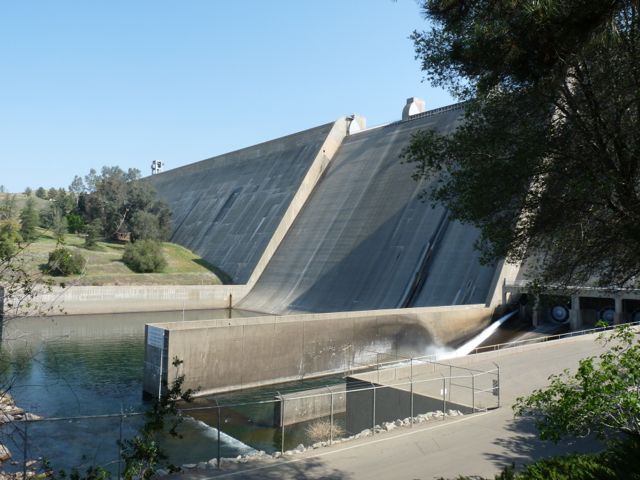Dave Cogdill Will Be Remembered at Temperance Flat Dam
Dave Cogdill Remembered For His Water Priorities
By Jessica Theisman, Associate Editor
Dave Cogdill, a former state senator (2006 to December 2010) and the California State Senate Republican Leader from 2008-2009, has passed away at the age of 66. Cogdill was instrumental in getting Prop 1 through the state House and Senate and onto the ballot. Mario Santoyo, executive director of the San Joaquin Valley Water Infrastructure Authority, shared his thoughts on the late Dave Cogdill and his influence on California water.
“Many thank Cogdill for the success that Temperance Flat Dam has been seeing,” Santoyo said. “He is the guy who made this happen, yet not enough credit has been given to him. Those of us who have been involved know what he contributed.”
“Senator Cogdill initiated some water bonds for water storage when he was in the Assembly. He wrote the water bond in 2009 and facilitated getting it across the table with both Republicans and Democrats. I can safely say Senator David Cogdill was a consistently strong proponent for water service storage and the one individual who had the most to do with the ability to have Temperance Flat built,” Santoyo said.
“Lots of folks could be characterized as being critically helpful; but if it wasn’t for Cogdill, nothing would have happened in terms of developing big water storage,” Santoyo said. “Many wish to memorialize him at Temperance Flat Dam, whether it is a plaque or some portion of it being called Cogdill, because he deserves it”.
OF NOTE:
Cogdill was awarded the Profile in Courage Award from the John F. Kennedy Library Foundation for his actions during the 2009 state budget fight for joining Governor Schwarzenegger in putting the people’s needs above party.















